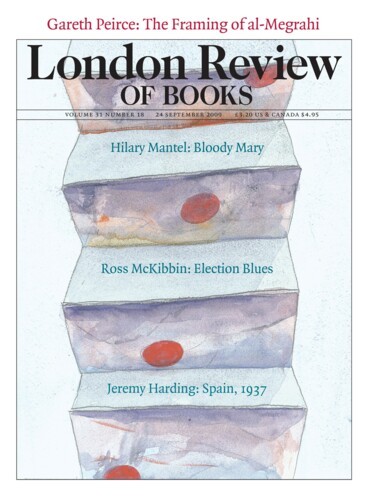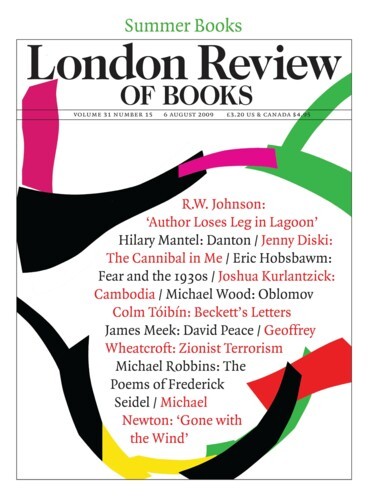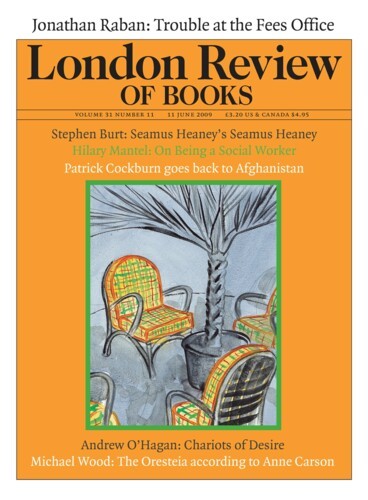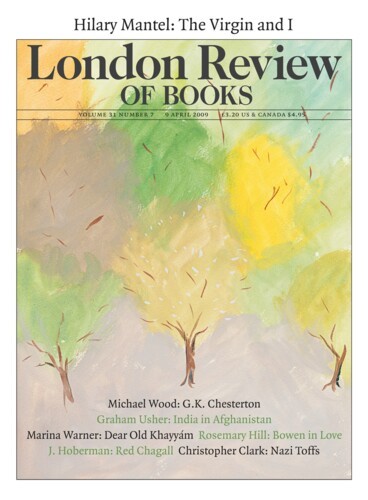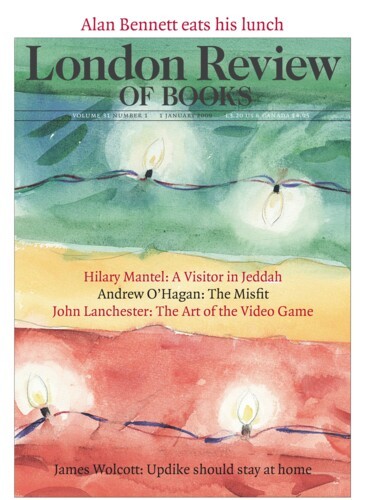The Crowe is White: Bloody Mary
Hilary Mantel, 24 September 2009
Despite his careful and no doubt deeply felt disclaimers, it sometimes sounds as if Eamon Duffy is cheering on the executioners. Fires of Faith, powerful and interesting in its own right, is an addendum to his huge enterprise The Stripping of the Altars, published in 1992, in which he contended that ‘late medieval Catholicism exerted an enormously strong, diverse and vigorous hold over the imagination and the loyalty of the people up to the very moment of Reformation.’
